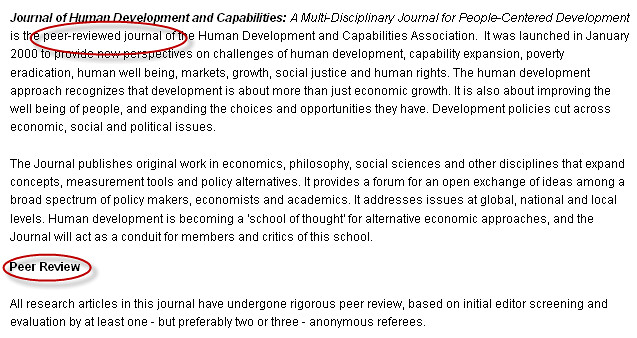My Research Topic/Question is:
Can elephants communicate with each other? Can African elephants recognize other elephants? Are they able to differentiate one elephant from another? And, if so, how do they do that?
Let's look at these two articles that I'm considering using in my research project:
Consider the following when it comes to what type of source you need for a particular assignment or task. You don't always need scholarly articles, but sometimes you do!
Popular (also called non-scholarly) sources inform and entertain the public or allow practitioners to share industry, practice, and production information Examples: Newspapers, magazines, trade journals, popular books.
Scholarly (also called academic) sources disseminate research and academic discussion among professionals within disciplines; they are intended for university-level study and research, and are preferred when writing university-level essays. Examples: Journals and books.
Adapted from the CQ University Library.

Consider the type of information a particular type of source is likely to have. For instance, if dealing with a very recent issue, newspapers or periodicals might be your best bet, as it can take a long time for the scholarly review process (typically).
And, here note the Examples, as well as the Criteria for types of sources.
What is Peer-Review?
What is the Peer-Review Process?

What are some criteria that are considered during the peer review process?

Are there different types of Peer-Review?

How do you figure out if something is peer-reviewed?
One of the best places to find out if a journal is peer-reviewed is to go to the journal website.
Most publishers have a website for a journal that tells you about the journal, how authors can submit an article, and what the process is for getting published.
If you find the journal website, look for the link that says information for authors, instructions for authors, submitting an article or something similar.

Using PRIMO to identify peer-reviewed sources.
You can also use PRIMO to specifically search for peer-reviewed sources:


Just because something is from a supposedly biased source, does that mean we disregard it altogether? Is the information true but presented deceptively? Can authors be biased? Can publications be biased?
What criteria does this website use to determine bias? What criteria or sources does it use to evaluate fact checking?
Why should we trust this website? Should we?
Look up some of your favorite news sources and see what it has to say.
Still not sure about what makes a source scholarly vs popular? Take this helpful and quick tutorial Here.